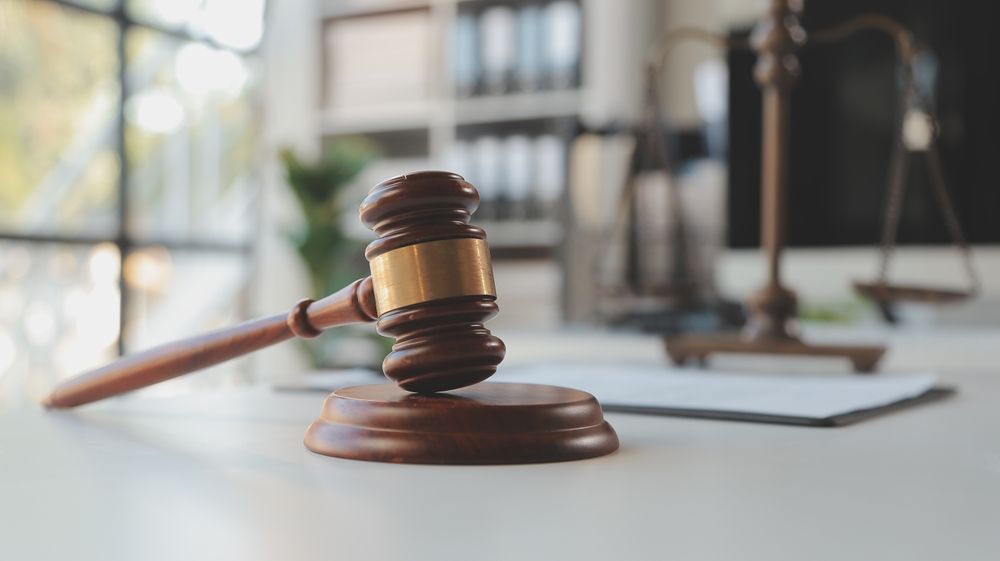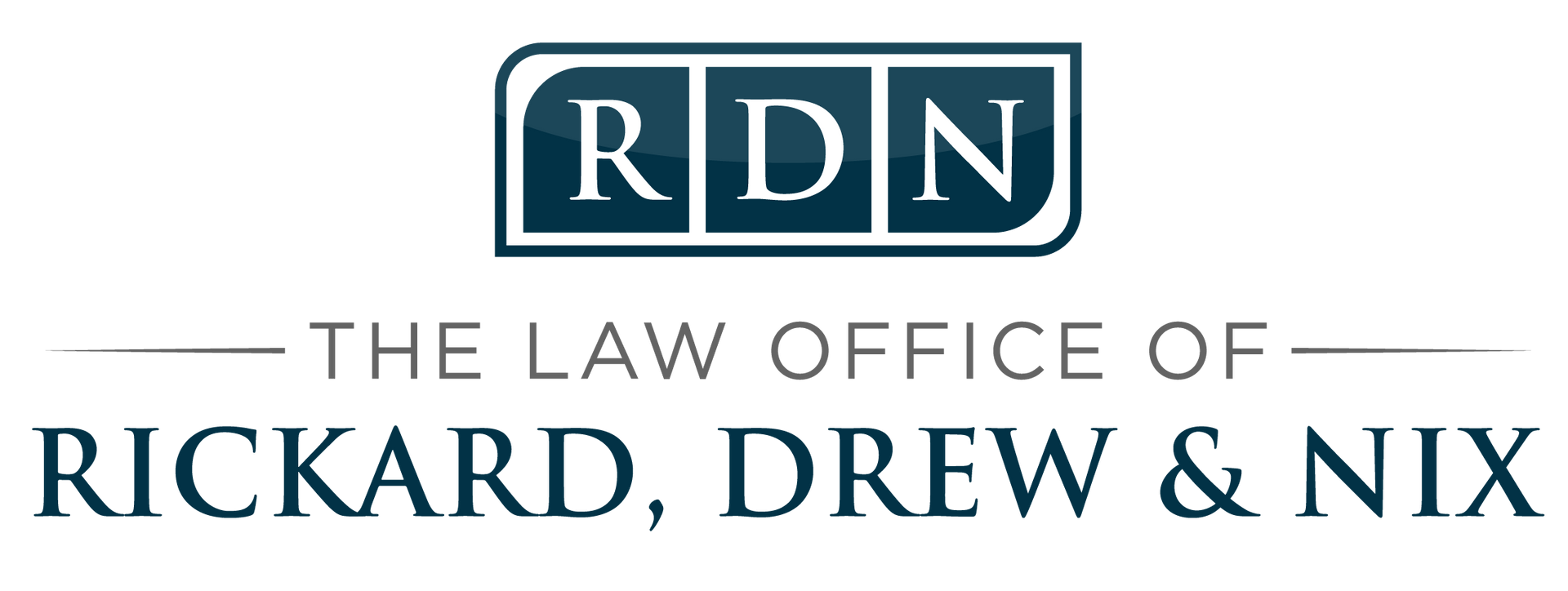Important Discussion Points With Your Accident Legal Representative
For many personal injury victims, hiring an attorney is the logical next step to getting compensation and moving forward. But amid the chaos that a personal injury brings, some can't quite put their concerns into words or formulate a list of questions they need answered. Personal injury lawyers are adept at getting to the heart of the matter. Their experience dealing with victims gives them a unique insight that will benefit you more than you realize. Knowing what to ask helps you make the most of your initial consultation.
Experiencing an accident can leave individuals feeling overwhelmed and unsure about their legal rights. Knowing what to discuss with accident attorneys can make a significant difference in navigating this complex process. This article will cover key points such as understanding your legal rights, providing detailed medical records, and clarifying the legal fees involved in your case. By engaging with this content, readers will learn how to effectively communicate with their legal representative, ensuring they secure the best possible outcome, whether pursuing a settlement or preparing for a jury trial.
Understanding Your Legal Rights Following an Accident
Understanding legal rights following an accident is crucial for individuals pursuing a personal injury lawsuit. This section will focus on three key points: the statute of limitations applicable to your case, how negligence laws affect your claim, and your rights under your insurance policy. Each topic will offer practical insights to navigate the complexities of personal injury, including slip and fall incidents and the importance of medical records and demand letters.
Know the Statute of Limitations Applicable to Your Case
Knowing the statute of limitations applicable to a personal injury case is essential for anyone involved in a car accident or facing medical malpractice issues. Each state has specific laws that determine how long an individual has to file a claim for damages; in Georgia, for example, the time limit is generally two years from the date of the injury. Failing to file within this timeframe can result in losing the right to seek compensation, making it vital for individuals to discuss these deadlines with their accident legal representative.
Learn How Negligence Laws Affect Your Claim
Negligence laws play a crucial role in personal injury cases, as they establish how liability is determined. To succeed in a claim, individuals must provide evidence that shows the other party acted negligently, leading to their injuries. In some cases, hiring an expert witness can strengthen a claim, especially when technical or specialized knowledge is required to demonstrate how negligence contributed to the accident. Understanding these laws and how they affect potential compensation is important for clients when discussing fees and strategies with their accident legal representative.
Discuss Your Rights Under Your Insurance Policy
Understanding rights under an insurance policy is crucial following a motor vehicle accident. Individuals should discuss how their policy coverage impacts potential settlement amounts and any required arbitration processes with their accident legal representative. Knowledge of specific terms and conditions in the policy can empower clients to navigate their lawsuit more effectively, ensuring they receive fair compensation for their injuries and losses.
Discussing Every Detail of the Accident Scene Thoroughly
Thoroughly discussing the accident scene with an attorney is vital for building a persuasive case. Essential details include describing the weather and road conditions, identifying witnesses, and collecting their contact information. Additionally, providing any photographs or videos of the accident scene can significantly aid in court negotiations and strengthen claims related to product liability.
Describe the Weather and Road Conditions at the Time
The weather and road conditions at the time of the accident are critical pieces of information that can significantly impact injury cases. Knowledge of factors such as rain, fog, or icy roads can influence the evaluation of liability under premises liability laws and aid in determining fault. Clients should communicate these details with their accident legal representative, as this information can help strengthen the claim and inform how the insurance policy may address various circumstances related to the accident.
Identify Witnesses and Collect Their Contact Information
Identifying witnesses at the accident scene is crucial for building a strong case. Witnesses can provide valuable evidence that supports a client's claim and can offer their observations regarding the incident, which may influence the defendant’s liability. Clients should ensure they collect the names and contact information of all witnesses, as their opinions may be necessary to establish the facts of the case within the statute of limitations.
Provide Any Photographs or Videos of the Accident Scene
Providing photographs or videos of the accident scene is vital for building a strong case in personal injury claims. Visual evidence can significantly impact a jury's perception of negligence, helping to establish the circumstances leading to the accident. For example, images showing road conditions or pedestrian paths may bolster claims for financial compensation by illustrating how factors contributed to the incident, reinforcing the client's position during legal proceedings.
Providing Comprehensive Medical Records and Injury Details
Sharing all doctor’s reports and medical diagnoses is essential for personal injury claims related to
Car Accidents. Discussing how injuries affect daily activities and keeping a record of all medical expenses incurred also play critical roles. These details help construct a solid case, providing valuable insights for legal advice during the deposition process.
Share All Doctor’s Reports and Medical Diagnoses
Sharing all doctor’s reports and medical diagnoses is essential for clients pursuing personal injury claims. This information helps establish a clear connection between the accident, whether it involves car accidents or dog bites, and the injuries sustained. Comprehensive medical records serve as valuable evidence during mediation and can significantly impact recovery under vehicle insurance policies, guiding the negotiation process for fair compensation.
Explain How Your Injuries Affect Daily Activities
Explaining how injuries affect daily activities is important for clients to discuss their personal injury claims with an accident legal representative. Clients should detail the percentage of daily tasks they are unable to complete due to pain, as this insight directly relates to claims of pain and suffering. For example, if a client's injuries make it difficult to perform household chores or engage in social activities, this information helps attorneys and paralegals understand the extent of legal liability and strengthens the case for adequate compensation.
Keep a Record of All Medical Expenses Incurred
Keeping a record of all medical expenses incurred is essential for anyone involved in an injury lawsuit. This documentation not only provides evidence of financial losses but also assists in establishing fault within the context of the injury case. Clients should organize their records systematically, ensuring they have receipts and bills that reflect all medical treatments related to their injuries, as this information can be critical when discussing their case with legal representatives, especially during a free case evaluation.
Clarifying Legal Fees and Payment Structures With Your Lawyer
Understanding legal fees and payment structures is critical when working with an accident legal representative. Clients should start by grasping how contingency fee agreements work, in which attorneys are paid a percentage of the compensation received. It's also essential to inquire about any additional expenses that may arise during the case and to discuss possible payment plans or financial arrangements tailored to individual circumstances.
Understand How Contingency Fee Agreements Work
Understanding how contingency fee agreements work is vital for individuals pursuing personal injury claims. Typically, lawyers receive a percentage of the total compensation granted in the case, meaning clients pay nothing unless they win a judgment. This arrangement encourages attorneys to prioritize their clients' interests, as their fees depend on the case's outcome, making it essential for clients to do thorough research regarding the attorney’s track record and the specifics of these agreements.
Ask About Any Additional Legal Expenses You May Face
When working with an advocate on a personal injury case, it is vital for the plaintiff to inquire about any additional legal expenses that may arise throughout the process. These costs can include court filing fees, expert witness fees, or costs for gathering evidence, all of which can add up quickly. By discussing these potential expenses upfront, clients can better prepare financially and avoid surprises later in their case.
Discuss Possible Payment Plans or Financial Arrangements
Discussing possible payment plans or financial arrangements with an accident legal representative is vital for clients facing economic pressures after an accident. Attorneys may offer flexible payment options tailored to individual financial circumstances, allowing clients to focus on their recovery while managing legal costs. Clients should inquire about these arrangements upfront to ensure they have a clear understanding of their financial obligations and can prepare accordingly, paving the way for a smoother legal process.
Asking About Potential Compensation and Damages You May Receive
Understanding potential compensation is crucial when discussing a personal injury case with an accident legal representative. Clients should explore compensation for current and future medical costs, assess lost wages and loss of earning capacity, and consider claims for pain and suffering damages. Each of these areas significantly impacts the overall value of a claim and should be clearly understood to ensure fair compensation.
Explore Compensation for Current and Future Medical Costs
Exploring compensation for current and future medical costs is essential for clients pursuing personal injury claims. It is vital to communicate any ongoing medical treatment and potential future expenses to ensure comprehensive compensation for all associated costs. For instance, if a client requires long-term physical therapy after an accident, discussing these future needs with the accident legal representative can help in securing necessary funding for continued care.
Discuss Lost Wages and Loss of Earning Capacity
Discussing lost wages and loss of earning capacity is crucial for clients pursuing personal injury claims after an accident. Clients must provide their attorney with information about their current employment status, including income and job responsibilities, as this data helps calculate compensation for missed workdays. In addition, potential future earning capacity should be examined, especially if injuries affect the individual's ability to perform the same job or pursue career advancement, ensuring clients receive a fair settlement reflective of their long-term financial losses.
Consider Claims for Pain and Suffering Damages
Considering claims for pain and suffering damages is an essential aspect of personal injury cases that clients should discuss with their accident legal representative. Pain and suffering encompass both physical discomfort and emotional distress resulting from an injury. To accurately assess these damages, it's important for clients to articulate how the injury has affected their daily lives, including any mental health challenges or changes in lifestyle, as these details will significantly influence the compensation they can pursue.
Reviewing Legal Strategies and Planning the Next Steps Together
Reviewing legal strategies with an accident legal representative is essential for effective case management. Clients should outline the expected timeline for case progression, prepare for communication with insurance companies, and discuss the pros and cons of settlement versus going to trial. Each topic provides crucial insights to navigate the complexities of personal injury claims and make informed decisions.
Outline the Expected Timeline for Your Case Progression
Establishing a clear timeline for a personal injury case can provide clients with valuable insights into what to expect as their case progresses. Clients should discuss important milestones with their accident legal representative, such as filing deadlines, discovery phases, and potential trial dates. A well-defined timeline helps clients manage their expectations, allowing them to prepare for each step in the legal process and stay informed about their case's status, which is essential for achieving a favorable outcome.
Prepare for Communication With Insurance Companies
Preparing for communication with insurance companies is essential for clients involved in personal injury claims. Understanding the key points to address can significantly influence the outcome of negotiations. Clients should work closely with their accident legal representative to develop a clear strategy, including determining the amount of compensation sought and what evidence to present.
Discuss the Pros and Cons of Settlement vs. Going to Trial
When discussing the pros and cons of settlement versus going to trial, clients should weigh the benefits of a quick resolution against the potential for greater compensation in court. Settlements often provide clients with immediate funds, reducing the emotional and financial stress associated with lengthy legal battles. Conversely, going to trial may yield a larger award but carries risks, including uncertainty in jury decisions and higher legal costs. It's essential for clients to engage openly with their accident legal representative to evaluate these options based on the specifics of their case and personal circumstances.

Attorney Jessica Nix, Managing Partner
Jessica Nix is Managing Partner and a Personal Injury Attorney at the Law Office of Rickard, Drew & Nix in Atlanta, with more than 10 years of experience representing injury victims in courts across Metro Atlanta. She graduated cum laude from the University of Georgia School of Law, where she served as an editor of the Journal of Intellectual Property Law. Jessica is admitted to the State Bar of Georgia, is a member of the Georgia Trial Lawyers Association, and was named a Georgia Super Lawyers Rising Star for Personal Injury from 2017 to 2019. To speak with the Law Office of Rickard, Drew & Nix, schedule a free consultation today.



